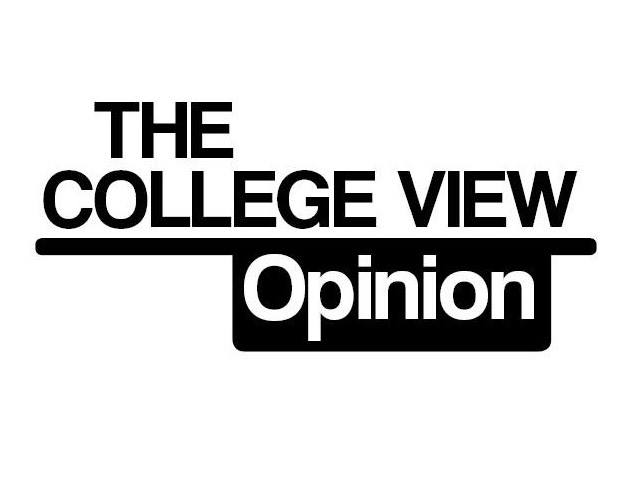
The Seanad referendum was a power grab wrapped in a tissue of lies, packaged in subterfuge and presented to the people as reform, and the people recognised it for what it was. That is not to say that all abolitionists were colluding with the centralising agenda that was masked in a post-Fianna Fail mantra of ‘new’ politics, nor were those who participated simply ‘new mandarins’ for the assault on Irish democracy.
The Seanad needs to be seriously reformed. If most senators were drowning in Irish political waters their whole political lives would flash before them, and they wouldn’t feature in it. But here we are. Our ever-benevolent Taoiseach has acquiesced to the will of the people. Unfortunately it is the will of those from 1979 – reform is slow in Ireland and Mr. Kenny has been Taoiseach-in-waiting since 1974 so he’s, as ever, methodically ticking those democracy boxes.
These days the Irish political agenda is like a high-street pound shop; everything is cut-rate and manufactured abroad, and political reform is no different. The government will shortly present legislation to abolish the existing Trinity College and NUI panels and instead replace them with one in which all graduates from the Institutes of Technology and every university can vote. Sounds good, right? Yes and no.
This move, described as “the revenge of the Taoiseach”, is being exacted against those high-profile university senators who scuppered his attempt to have one house to rule them all. The calming hand of the Labour Party is not to be felt in this reform; the party is now so in bed with Fine Gael it has been reduced to a shapeless lump under Enda’s plump duvet.
The proposal will only solidify the elitism within the university panel and colleges like DCU will find it near impossible to one day claim a university senator. Such political validation is important for the confidence graduates can have in their alma mater’s influence on the political stage. The relationship between university and graduate is one that DCU wishes to cultivate but DCU will need to deliver on the benefits of such an affiliation. A voice in the Seanad is certainly one of these.
DCU is a university that has stayed true to its founding objectives, since the days of the NIHE; to provide industry-informed courses which require both practical and academic elements. In other words a socialisation-educational institution.
With the move to a ‘centre of innovation’ visible political clout is essential; innovation is not simply about how to make industry better, it can equally be applied to the humanities and how we challenge our understanding of society, equality and the nature of politics. This is, by very definition, the role of the humanities so why we are being asked to do what we already do says a lot about the role humanities plays in higher education these days. We need to be more vocal about real Seanad reform before our voice is drowned out by the cries of the political Luddites.
But it will be a difficult battle. The move to ‘reform’ is far more insidious than this. Be it by design, or happy coincidence for our political classes, the reduction in councils and the dilution of local government will mean that political parties will even more tightly control the vocational panel. Coupled with a refusal to look at further referendum within the lifetime of the Government Seanad reform is already dead.
If the day ever comes that a senator is elected on a DCU mandate it will be the day that the cold chill that runs along the front benches of Leinster House finally finds a spine to run up.
Steve Conlon is a PhD student and associate-lecturer in the School of Communications. He is a former editor of The College View.




Leave a Reply